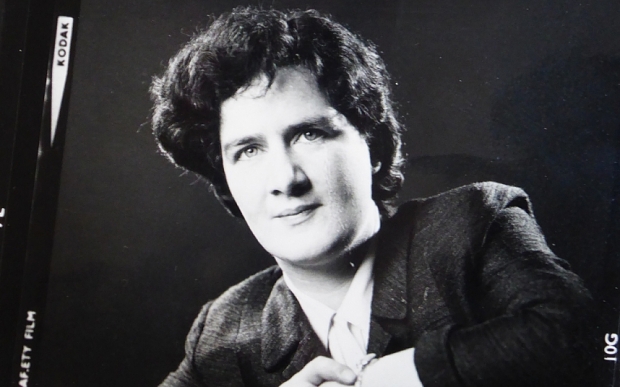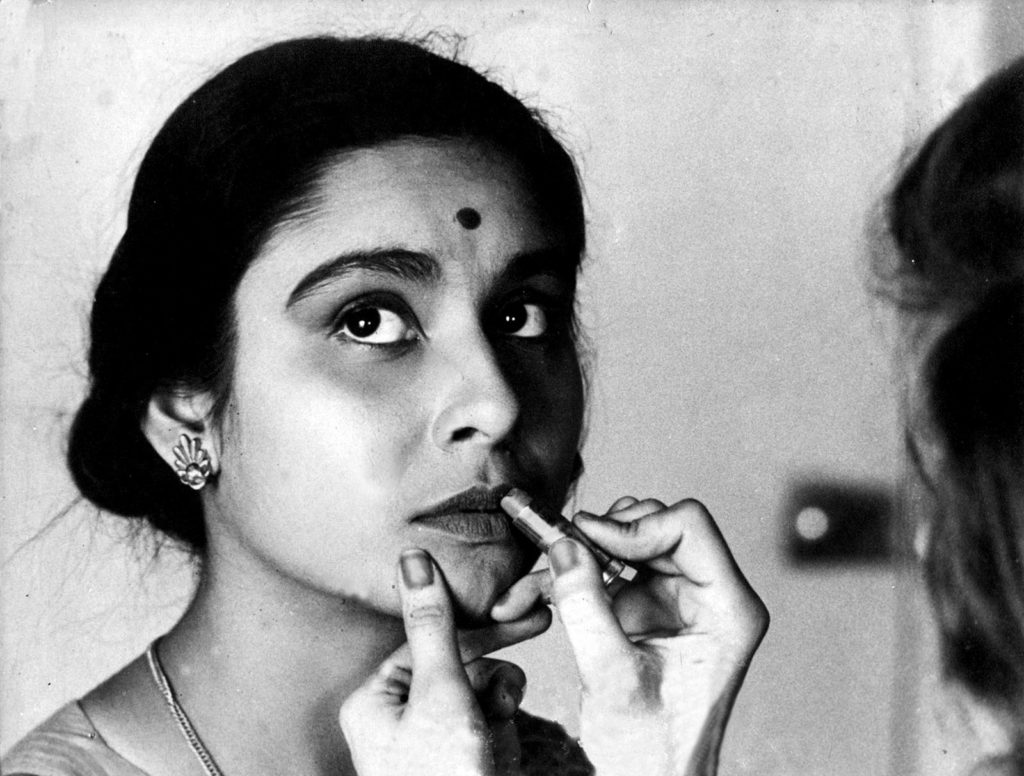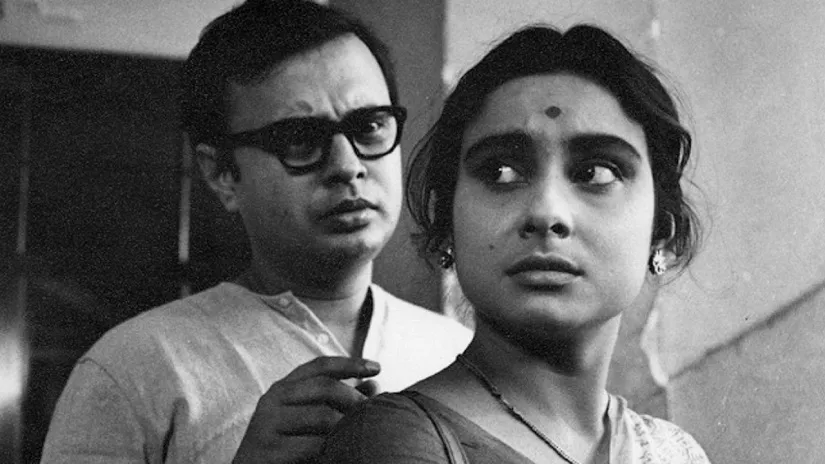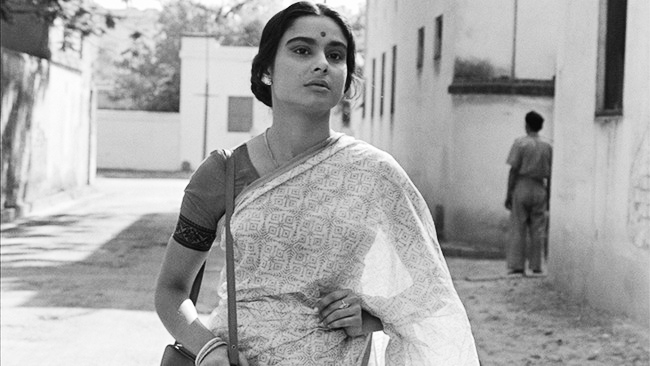Mahanagar (The Big City)
1963, India. 131 min, B/W, In Bengali with subtitles
Summary
Calcutta, mid 1950s. The film opens with a vignette of a lower middle-class family. We meet the joint-family: Subrata Mazumdar (Anil Chatterjee), his wife Arati (Madhabi Mukherjee), their young son, Subrata’s unmarried sister Bani (Jaya Bhaduri), his father, a retired schoolmaster, and his mother.Subrata Mazumdar, a bank employee, with his meagre income finds it difficult to provide for his large joint family. His father needs a new pair of prescription glasses, younger sister Bani’s school fee is due, and mother needs a new can of Zardah (tobacco)…
Arati is like an anchor holding the family together. Subrata talks about a couple where the woman too is going to work. Soon, Arati makes up her mind to take up a job to supplement the household income. With some help from Subrata, and much against established custom and opposition of the elders, she finds a job of selling sewing machines door-to-door.
Going out to work, Arati discovers a new life. She proves successful in her work and gains self-confidence. Subrata now feels insecure and resentful. His father too puts pressure on his son to force Arati to quit the job. Subrata asks Arati to quit as he plans to earn more by moonlighting.
The next morning, before Arati can give in her resignation, Subrata telephones her and asks her not to resign as he has lost his job. Now, Arati is the only earning member of the family. Subrata suffers as he watches his wife go out while he sits in bed and scans newspapers for jobs’ columns. They begin to grow apart.
Arati has found a new friend in a colleague – Edith, an Anglo-Indian woman. Her boss does not like Edith due to her being an offspring of ‘our ex-rulers.’ Blinded by his prejudice, he accuses Edith of loose character and fires her. Arati asks her boss to apologise to Edith. He refuses and warns her about her own job. Arati hands over her old resignation letter and walks away.Now neither Arati nor her husband has a job. On her way out, she meets Subrata. After the initial shock, they reconcile and are close to each other once again. Subrata understands her. Arati ponders that in such a big city at least one of them is sure to find a job. As they walk into the city crowd, the camera tilts up to a street lamp.
Comments
In her first Ray film, Madhabi Mukherjee, gives a wonderful portrayal of Arati. Contrary to the general belief, She was not a discovery of Satyajit Ray. It was her performance in Mrinal Sen’s Baisey Sravan (1959) that prompted Ray to cast her as Arati. She appeared in two other films of Ray: Charulata (The Lonely Wife, 1964) and Kapurush. (The Coward, 1965). Uncharacteristically for Ray, this collaboration came to an end with Kapurush though she continued to work as an actress.
The confined and gloomy but intimate atmosphere of the joint family was created with the sets for the house having very small rooms with fixed walls. Ray told his biographer, Andrew Robinson, ” In those days I don’t think anyone built four-walled rooms. It gave us very little room to move about, so there are no long shots at all.”
What others say…


Awards
- Certificate of Merit, New Delhi, 1964
- Silver Bear For Best Direction, Berlin, 1964




